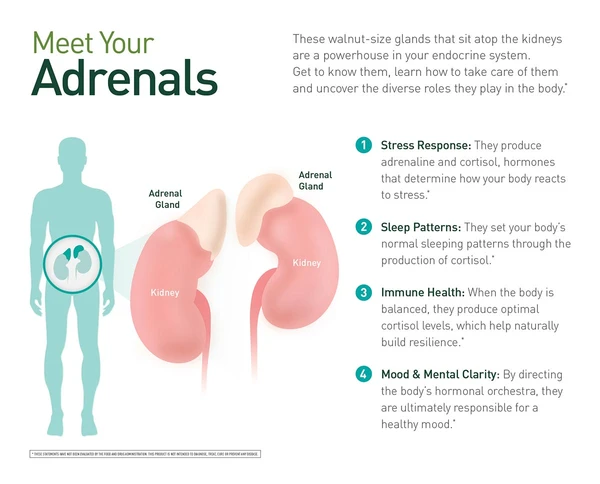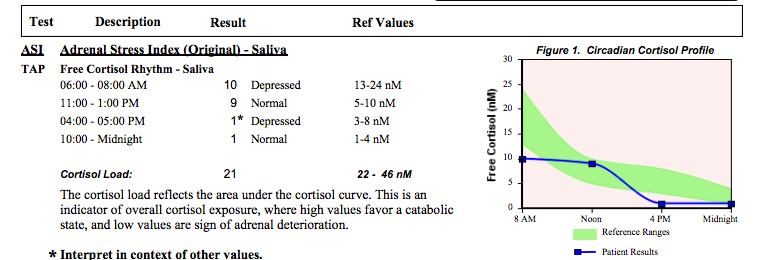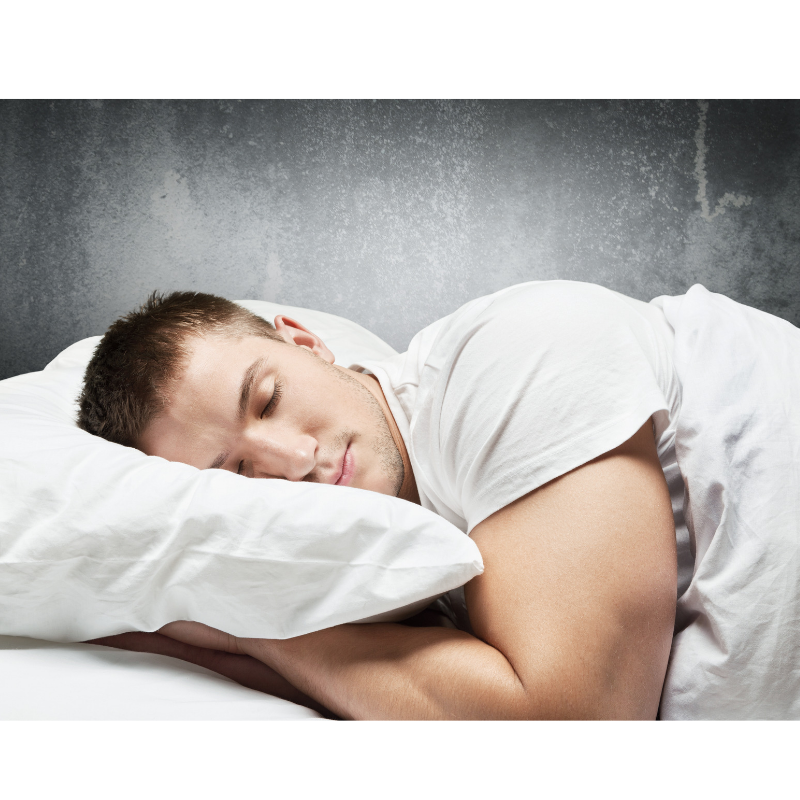By Claire Bacon, ACN, CNC
With the hustle and bustle of the holidays, we’ve got parties, shopping, dinners out, and traveling to see family. Everything is so much fun – but we’ve just got so much to do! Do you feel like that? Are you making all your commitments, but burning the candle at both ends? If you’ve over-scheduled and over-promised your time, the holidays may feel like a marathon that never ends. We’ve written multiple posts about how stress impacts our health – now let’s discuss how stress impacts sleep!
Or maybe you’ve got a deadline looming that is taking up every moment. You work all day and into the night, and when you finally get to lie down… nothing happens. You wait, and wait… the minutes tick by… and next thing you know it’s 3 am. How do you get a handle on your stress so you can finally get some sleep?
Stress and Circadian Rhythm
Virtually all animals tune their energy and activities to the rising and setting of the sun. People are no different. The problem is – we stress out a lot more than other animals! Unfortunately, the innate mechanisms that keep us ready for “fight or flight” (i.e. our stress) can have a major impact on sleep!
Our energy and sleep patterns (aka circadian rhythm) are regulated by the HPA axis. Hypothalamus-Pituitary-Adrenal axis, I should say. This communication between the glands produces cortisol at its highest level in the morning, and melatonin at its highest level in the middle of the night. This regular pattern acts like a clock that keeps your body on a consistent schedule. Certainly, short durations of stress with increased cortisol response will interrupt the natural rhythm; but when the acute stress is over, the body’s hormones should go right back to the usual rhythm.
However, if your stress goes on long enough that the HPA axis becomes dysregulated, the clock may stop working, and your body’s hormonal activities may not happen when they should. You may notice increased energy at night, energy crashes during the day, lack of appetite or difficult elimination. You may also notice central weight gain, increased blood pressure, or other signs that something is wrong. All of these symptoms can relate to how stress impacts sleep.

Multiple Ways Excess Cortisol Impacts the Body:
- Energy Production
- Immune Function/Asthma/Allergies
- Skin Integrity
- Joint and Muscle Function
- Bone Health
- Thyroid Function
- Brain Function
- Blood Sugar Regulation
- Sleep
Stress and Sleep Testing
If you’re curious to understand what your adrenal hormones are really doing, consider taking an Adrenal Stress Index (ASI) test. This is a one-day saliva test, where you take multiple samples throughout the day. Your cortisol levels, DHEA, and testosterone are recorded. If you tend to wake in the middle of the night, you can add an additional test at that time. This test helps you get a clear picture of what’s really going on.
If you’d like to go a step deeper, consider a DUTCH Complete test. This is a one-day urine test, which shows everything the ASI includes, but also shows Melatonin and other markers that relate to methylation, glutathione and B vitamin status. If you’re wondering why your Melatonin supplement isn’t working for you, this test could reveal some answers.

Letting Stress Go So You Can Sleep
When you’ve been super stressed-out all day, it’s hard to switch gears and let it go at night. You may feel like your mind is still wired and you’re still running through your analytical thoughts, as you’re trying to rest. Rather than letting your mind spin, be intentional with calming yourself. Repeat an inner thought until you feel your mind slow down. “I’m not going to think about it now. Right now is my time to rest.”
Practical Tips to Lessen How Stress Impacts Sleep
- Leave the office at the office. Don’t bring your computer to bed. Have a set place where you work that is not in your bedroom.
- Take an Epsom salts bath to unwind at the end of the day.
- Start playing quiet, classical music the moment you finish your work.
- Keep the lights low and only watch pleasant shows on TV. No scary movies or violence.
- Drink a Golden Milk turmeric tea before bed.
- Use relaxing essential oils such as Lavender, Sandalwood, Chamomile, or any of the fir tree oils to immediately gain a sense of peace.
Favorite Supplements to Get Better Sleep:

- Drenamin is a great adrenal “builder” filled with B Vitamins, C, and adrenal extracts. We put our stress-handling glands through a lot this time of year. When overworked, they can produce too much cortisol. The lingering effects of cortisol inevitably affect our sleep. Drenamin provides that essential adrenal support to help you have calm energy all day and restful sleep at night.
- Cataplex G is the calming side of the B vitamin complex that helps relax the nervous system. If you need to take the edge off so you can rest, this product gives you the natural calming support you need.
- Valerian Complex is an herbal blend of Valerian root, Passion flower, and Jujube seed. These are considered nervine herbs, which support deep sleep and relaxation. Use Valerian Complex to help you fall asleep and wake up feeling rested.
Final Thoughts
We hope this information gives you some new tools to help you relax! Put a few of these tips into action tonight. We hope you get a great night’s sleep!
Nighty night and sweet dreams!



